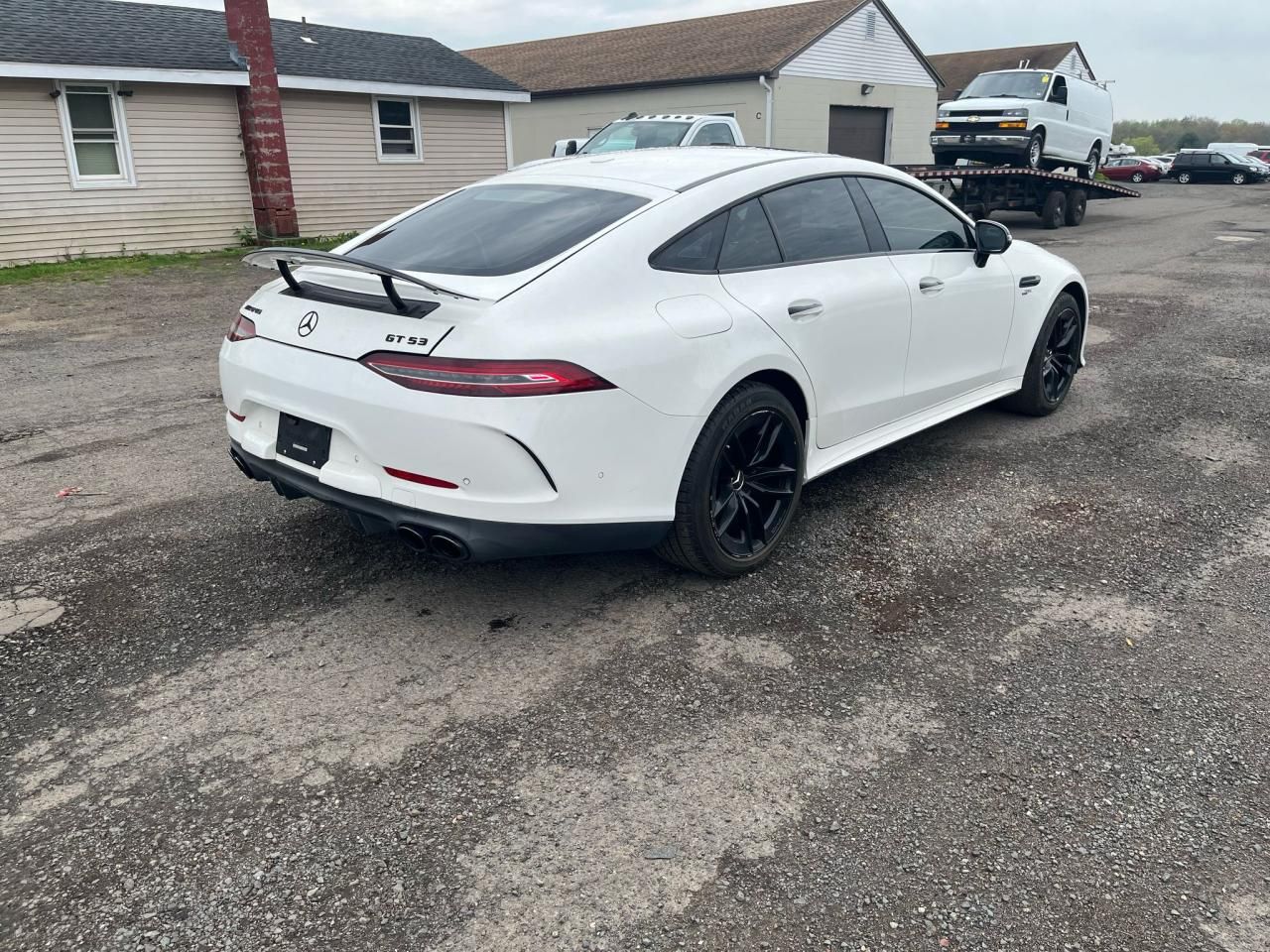For those looking for reasonably priced automobile alternatives, auction purchase of repairable cars has grown in popularity. Though with minimal repair, these vehicles may come for a fraction of the cost of brand-new or even used cars and might be roadworthy once more. Still, jumping into the realm of car auctions without advance knowledge may be dangerous. Understanding the hazards, benefits, and reality of this market can help one make wise buys.
This page lists important things you should think about before bidding on repairable autos so you have the information to make wise choices.
Understanding What Repairable Autos Really Are
Though they have some kind of damage—from an accident, flood, theft recovery, or mechanical failure—repairable automobiles are those that are not beyond repair. Many times classed with salvage titles, these automobiles have been declared a total loss by insurance agencies. This only indicates the cost of repairing the car exceeds a specific proportion of its worth according to the insurer’s criteria; it does not always mean they are irreparable.
Once these cars are auctioned-sold, purchasers can fix and occasionally re-title them as rebuilt, rendering them legal to drive once again. The journey from damaged to drivable is not always simple, though, and knowing what constitutes “repairable” helps one avoid an expensive error.

Evaluating the Condition of the Vehicle
Realizing the true state of a repairable vehicle is one of the most important tasks before you buy it. Although some auction postings include damage reports and pictures, they can occasionally be inaccurate or lacking. Always closely review the vehicle’s listing and note specifics on the kind and degree of damage.
Often, especially in online auctions, you won’t be able to personally check the car before bidding. Under such circumstances, understand how to read salvage reports and depend on reliable sources with thorough condition information. Consider if the damage is mechanical, cosmetic, structural, or a mix. While certain damages—such as side panel dings or bumper replacements—are somewhat modest—that is, involving minor components—the engine or gearbox involves large components.
Review the vehicle history report as well to learn any historical events that could affect its present state. Knowing whether a car has flood damage, has been in several accidents, or was stolen and recovered will help you determine how much maintenance it will need—and whether it is worth it.
Can I Drive a Repairable Auto Immediately After Buying It?
One of the most often asked questions by new to car auction purchasers is this. No, at least not quickly is the response. Usually having a salvage title, repairable vehicles are not legally permitted on the road until they pass inspection and are awarded a rebuilt title. This guarantees the car has been repaired to roadworthy state.
Apart from mechanical fix-up, the automobile needs to satisfy particular inspection criteria in your state. Legal registration, insurance, and driving of the car cannot be accomplished until all required inspections have been passed. Your buying selection should consider the time, money, and effort this method demands.
Budgeting Beyond the Auction Price
Many consumers ignore the extra expenses following bid acceptance in favor of the low auction price of repairable cars. Although you could find an automobile at a fantastic deal, your real outlay of funds exceeds that amount. Think about the expenses of hauling the car from the auction site to your repair shop. This charge alone might be significant depending on the distance the car is placed at.
Consider labor and component costs. While some repairs might be small and reasonably priced, others could get costly, particularly if specialist components or experts are needed. Because of the vehicle’s salvage history, you will also have to pay for title and registration expenses, inspection fees, and maybe increased insurance rates.
Before bidding, having a well-defined financial strategy can help you stay free from any shocks. Think about breaking out possible costs to help you decide whether a given car would be a wise financial risk or investment.
Do All Repairable Autos Come with Salvage Titles?
While some repairable vehicles lack a salvage title, most do. Sometimes in rare circumstances a car may suffer damage yet have a clean title. Usually, this occurs when the damage is less than what the insurance company considers to be a total loss. Still, their clean title status frequently results in a higher listing price for these vehicles.
One must know the distinctions between salvage, rebuilt, and clean titles. A salvage title suggests the car is not roadworthy as it is right now. A rebuilt title is one that was formerly salvaged but has been cleared for use after repair. Obviously, a clean title indicates that no significant events have been recorded.
Make sure the car listing or history report shows the title status. Purchasing an automobile intending to fix and resell it? Its resale value will be considerably influenced by title condition.

Know the Rules of the Auction
Every auction house has its own policies and practices. While some let public bidding, others are just for licensed sellers. Review the policies of the auction on buyer fees, payment deadlines, and any return or conflict procedures.
Another key is timing. Fast-paced bidding might cause one to become caught in the thrills. Before the auction begins, decide on a maximum bid and then keep to it. Find out the vehicle’s present market worth and then match it to your anticipated repair expenses. This will guarantee that you keep inside the budget and assist you to avoid overbidding.
Before making your first bid, a few auctions as a spectator can help you become acquainted with the procedure and boost your confidence when it comes time to purchase.
Conclusion: Be Prepared, Be Patient, Be Smart
Purchasing repairable vehicles at auction may be rather fulfilling—if done correctly. Though they carry some risk, these cars have great potential for savings. Investigate the kind of damage, learn the title status, and project the whole cost of repairs and legal procedures before you buy.
Everything in preparation is Knowing more going into an auction may help you be more likely to find a good deal and steer clear of poor investments. Whether your goal is to save on your next car or fix and flip, success with cars for sale salvage title relies on dedication, patience, and wise decisions.
Equipped with the correct knowledge and technique, you can transform a wrecked car into a reliable ride—or a business opportunity.